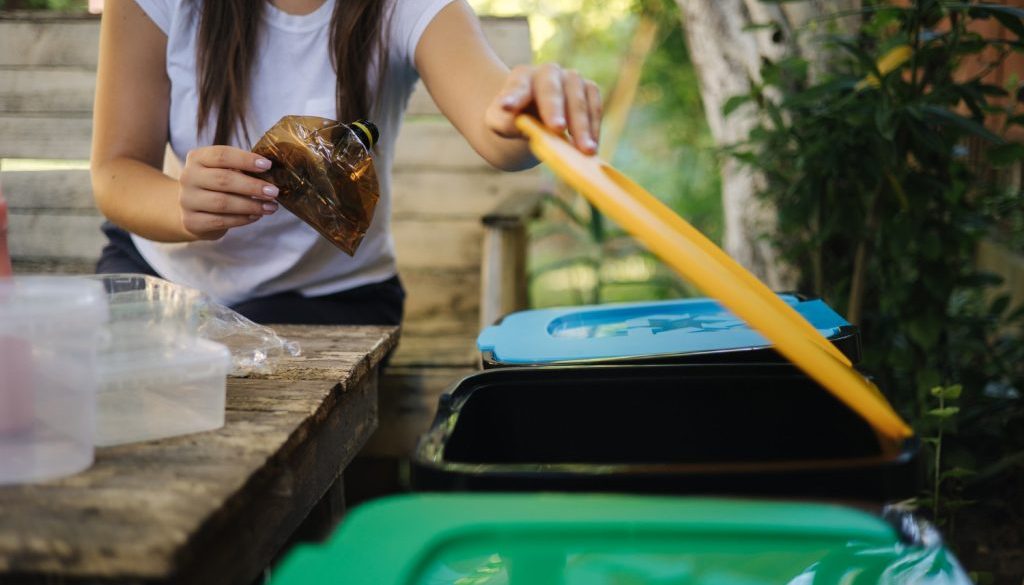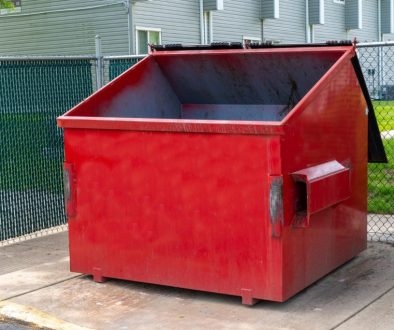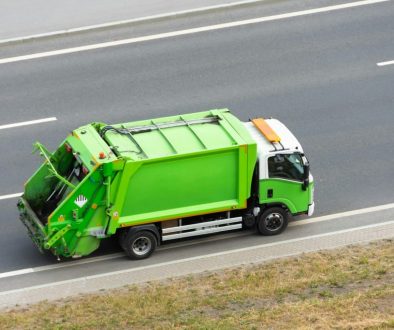Living sustainably starts right at home. Understanding the waste you produce and finding ways to manage it better can have a substantial impact on the environment. From recycling to reusing and adopting sustainable practices, there are numerous ways to make your daily routines greener and more eco-friendly.
In this article, we will explore various aspects of sustainable living at home. We’ll begin by understanding the types of waste commonly found in households, followed by practical recycling tips you can incorporate into your daily life. We’ll also look at creative ways to reuse and repurpose items and, finally, discuss broader sustainable practices you can adopt.
Understanding Your Household Waste
Understanding the types of waste that come from your home is the first step towards managing it effectively. Household waste can be broadly classified into several categories, each with its own methods of disposal and recycling.
1. Organic Waste: This includes food scraps, garden clippings, and other biodegradable materials. Organic waste can be composted, turning it into valuable fertiliser for gardens and plants. Proper composting helps reduce the amount of waste sent to landfills and enriches the soil.
2. Recyclable Waste: Items like paper, cardboard, glass bottles, and certain plastics fall into this category. Recycling helps conserve natural resources and reduce the energy used to manufacture new products. It’s essential to clean and sort recyclable items before placing them in recycling bins.
3. General Household Waste: This includes non-recyclable items such as plastics, polystyrene, nappies, and certain types of packaging. While these items can’t be recycled, reducing their use and finding alternatives can help minimise this category of waste.
4. Hazardous Waste: Things like batteries, electronic devices, chemicals, and paint are considered hazardous. These items require special disposal methods to prevent environmental contamination. Most communities have designated drop-off points for hazardous waste.
5. Bulky Waste: Old furniture, mattresses, and large appliances fall under bulky waste. These items can often be recycled or repurposed, though they may require special collection services.
Simple Recycling Tips for Daily Life
Incorporating recycling into your daily routine can be easy and rewarding. Simple changes can make a big difference. Here are some practical tips to help you get started with recycling at home.
1. Set Up a Recycling Station: Create a designated spot in your kitchen or garage for recyclable materials. Use labelled bins to separate paper, plastic, glass, and metal. Having a clear system makes it easier for everyone in the household to participate.
2. Learn Local Recycling Rules: Some areas have specific guidelines for what can and cannot be recycled. Familiarise yourself with the rules in your community to avoid contamination and ensure that your recyclables are processed correctly.
3. Clean Your Recyclables: Rinse out food containers and bottles before placing them in the recycling bin. Clean recyclables are easier to process and help prevent contamination of other materials.
4. Reduce Single-Use Plastics: Opt for reusable bags, bottles, and containers whenever possible. Reducing the use of single-use plastics cuts down on the waste that ends up in landfills and oceans.
5. Recycle Electronics Properly: Old phones, computers, and other electronic devices should be taken to designated recycling centres. These items contain valuable materials that can be recovered and reused.
6. Recycle Old Clothes and Textiles: Instead of throwing away old clothes, consider donating them to charity shops or dropping them off at textile recycling points. Some fabrics can be reused or recycled into new products.
Creative Ways to Reuse and Repurpose Items
Reusing and repurposing items can significantly reduce household waste and give new life to things you might otherwise throw away. Here are some creative ideas to get you started.
1. Upcycle Old Furniture: Transform old furniture pieces with a fresh coat of paint or new upholstery. An old wooden chair can become a beautiful garden planter, or a dresser can be repurposed into a unique bathroom vanity.
2. Repurpose Glass Jars and Bottles: Glass jars and bottles can be reused for storing spices, grains, or homemade jams. They also make great vases for flowers or can be turned into stylish candle holders.
3. Use Old Fabrics Creatively: Turn old clothes and fabric scraps into something new. Create cushion covers, tote bags, or even patchwork quilts. Old T-shirts can be cut and braided into a durable rug.
4. Make DIY Craft Projects: Get creative with arts and crafts. Use cardboard tubes, paper, and small plastic items to create toys, decorations, or even practical items like organisers and coasters.
5. Transform Tin Cans: Turn empty tin cans into planters, pencil holders, or even lanterns for your garden. Painting and decorating them can add a personal touch.
6. Recycle Pallets into Furniture: Wooden pallets can be turned into a variety of furniture, like sofas, coffee tables, or outdoor seating. With a bit of sanding and some cushions, they can look stylish and functional.
Adopting Sustainable Practices at Home
Adopting sustainable practices in your daily life can have a positive impact on the environment. These changes don’t have to be drastic; even small adjustments can make a big difference.
1. Conserve Water: Simple habits like turning off the tap while brushing your teeth, fixing leaks, and using water-saving fixtures help conserve water. Collect rainwater for gardening and use a broom instead of a hose to clean driveways.
2. Reduce Energy Consumption: Switch to energy-efficient lightbulbs, unplug devices when not in use, and use natural light whenever possible. Consider installing a programmable thermostat to optimise heating and cooling in your home.
3. Choose Sustainable Products: Opt for products made from recycled materials or those with minimal packaging. Support brands that prioritise sustainability and environmental responsibility.
4. Grow Your Own Food: Start a small garden with herbs, vegetables, or fruits. Growing your own food reduces the need for transportation and packaging, and it provides fresh, healthy produce for your family.
5. Use Eco-Friendly Cleaning Products: Choose cleaning products that are biodegradable and free from harsh chemicals. Alternatively, make your own cleaning solutions using household items like vinegar, baking soda, and lemon.
6. Avoid Single-Use Items: Cut down on single-use plastics by using reusable bags, bottles, and containers. Bring your own mug to coffee shops and choose products with minimal packaging.
Conclusion
Living sustainably does not require a complete overhaul of your lifestyle. By understanding your household waste, adopting simple recycling habits, getting creative with repurposing, and embracing sustainable practices, you can significantly reduce your environmental impact. Each effort, no matter how small, contributes to a greener, healthier planet.
At Enviro Skip Hire, we are committed to helping you manage waste responsibly. Whether you need a skip for garden waste, construction debris, or household clear-outs, we have the right solution for you. Contact us to hire a skip in Chester today.




